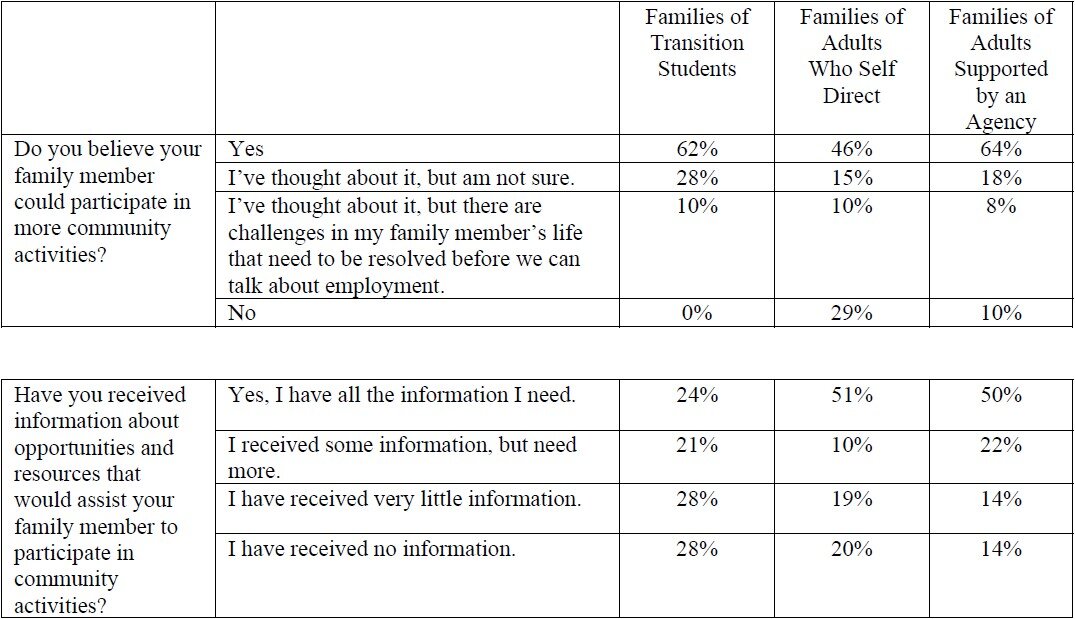Judge: RI Must Expand DD Budget Or Risk Olmstead Consent Decree Noncompliance
/By Gina Macris
Judge McConnell
Rhode Island will not be able to meet a 2024 deadline for complying with a 7-year-old civil rights agreement unless it begins allocating money now to attract an adequately-paid, skilled workforce to serve adults with developmental disabilities in their communities.
So says Chief Judge John J. McConnell, Jr. of the U.S. District Court in a nine-page order issued March 16 clarifying what it will take to comply with a 2014 consent decree correcting Rhode Island’s violations of the Integration Mandate of the Americans With Disabilities Act (ADA).
Five days ago, on March 11, Governor Daniel McKee submitted a state budget request to the General Assembly that does not propose any rate increase for direct care workers. These workers are employed by the private agencies the state relies on to carry out provisions of the 2014 Olmstead consent decree.
Under the current rates, providers are able to pay front-line workers an average of $13.08 an hour, or $1.58 above the state’s minimum wage of $11.50, McConnell said in the statement, which amounted to a tutorial on the issues affecting compliance.
The $11.50 rate went into effect last October, and McConnell pointed out there are bills pending in the General Assembly for additional raises.
“The functions and responsibilities of staff who provide direct support to adults who have intellectual and developmental disabilities are significantly more challenging than many minimum wage positions,” McConnell said.
In several states the pay of direct support staff is considerably higher than minimum wage, he said. Utah, for example, has set its direct care rate at 72 percent above minimum wage.
He drew a straight line connecting low wages, high turnover, and an inability of the provider agencies to find a well-trained, stable workforce capable of providing an array of services that will enable adults with developmental disabilities to live meaningful lives in their communities in accordance with the ADA’s Integration Mandate.
One in five jobs in private agencies are currently vacant, and agencies report an average annual turnover of about 30 percent, according to a survey by an independent court monitor conducted in February. In addition, 80 percent of adults and families who direct their own programs said they had difficulty finding staff, and 68 percent said they had difficulty retaining staff, according to the monitor.
McConnell’s latest statement underlined an order he issued Jan. 6 which requires the state to raise workers’ wages to $20 an hour by 2024 as part of a comprehensive overhaul of services from center-based group care to one-on-one or one-to-two staffing in the community.
He said the state must collaborate with service providers and advocates in the community to develop a three-year budget strategy for compliance with the consent decree and give him monthly progress reports at the end of April, May, and June.
The judge cited a 2020 report of the state’s own consultants that concluded the provider agencies are financially “fragile and profoundly undercapitalized.”
McConnell also felt it necessary to say that the “entirety of the State” is a party to the consent decree, not merely the state agencies identified in the document.
The McKee administration and the leadership of the House and Senate had no immediate comment on McConnell’s order.
The judge reminded the state that the findings of the U.S. Department of Justice in 2014 cited “multiple concerns” about the state’s failure to comply with the Integration mandate.
Among them were:
A lack of resources
Failure of the state’s rate-setting methodology and reimbursement model to promote integrated supported employment and day services
The inflexibility of the state’s reimbursement model.
McKee’s budget for the fiscal year beginning July 1 includes a proposed $15 million “transformation and transition fund,” but it’s not clear exactly what that money will pay for.
There are five committees already working under the supervision of the state Department of Behavioral Healthcare, Developmental Disabilities and Hospitals on proposed administrative reforms.
But McConnell has signaled he wants the planning complete by the end of June and the implementation to begin at the start of the new fiscal year in July.
He also noted that the integration mandated by the consent decree are also required by the Centers for Medicaid and Medicare Services if the state is to continue qualifying for federal Medicaid reimbursement under the Home And Community-Based Services (HCBS) Final Rule. Like the consent decree in Rhode Island, that rule gets its authority from the Olmstead decision of the U.S. Supreme Court, which in 1999 clarified the Integration Mandate of the ADA.
“Rhode Island is seven years into the Consent Decree,” McConnell said. (The eighth year begins April 9.)
“With three years remaining, there is significant work still to be completed,” he said in conclusion.
Click here to read Judge McConnell’s order of March 16.




























